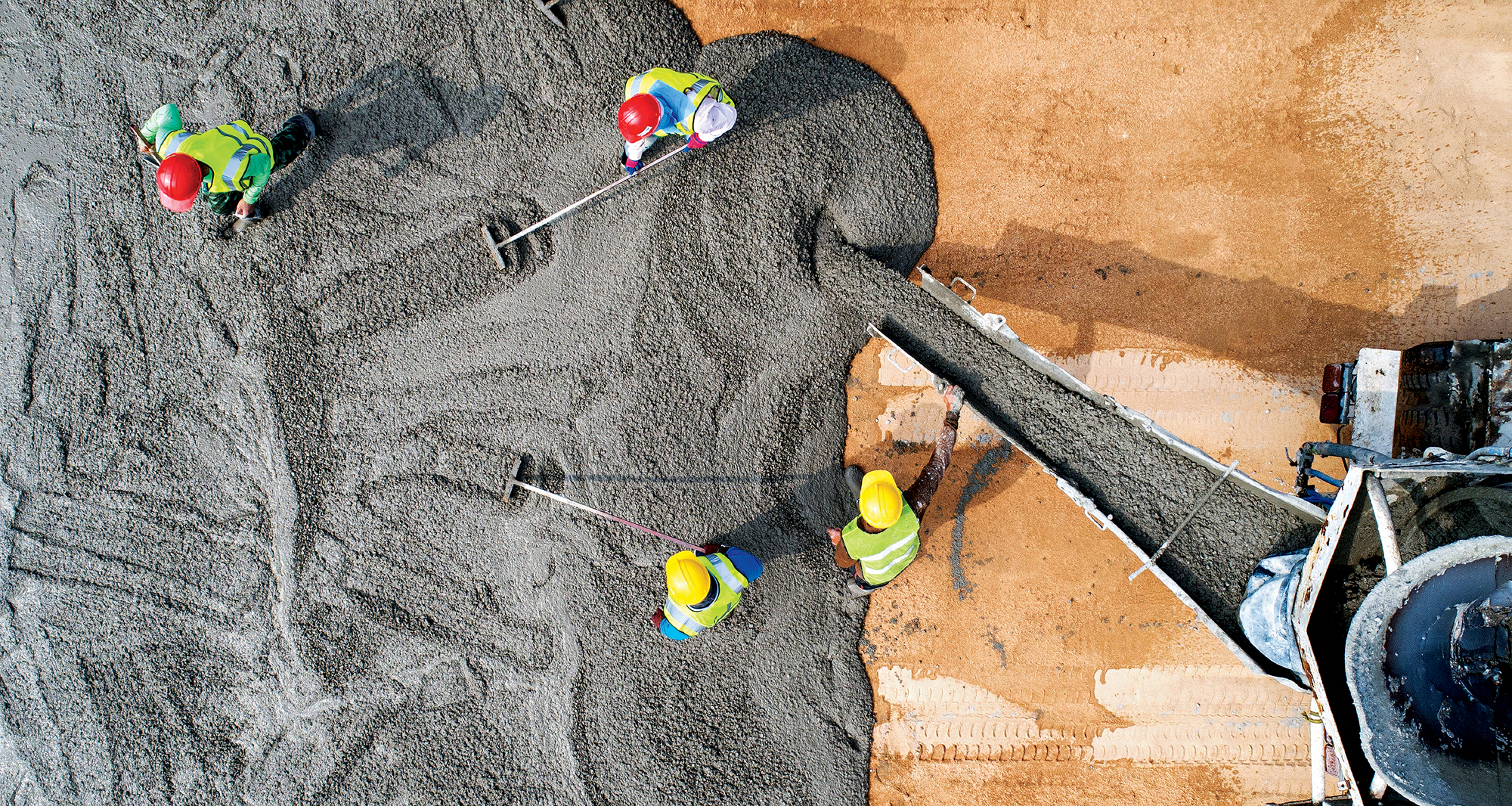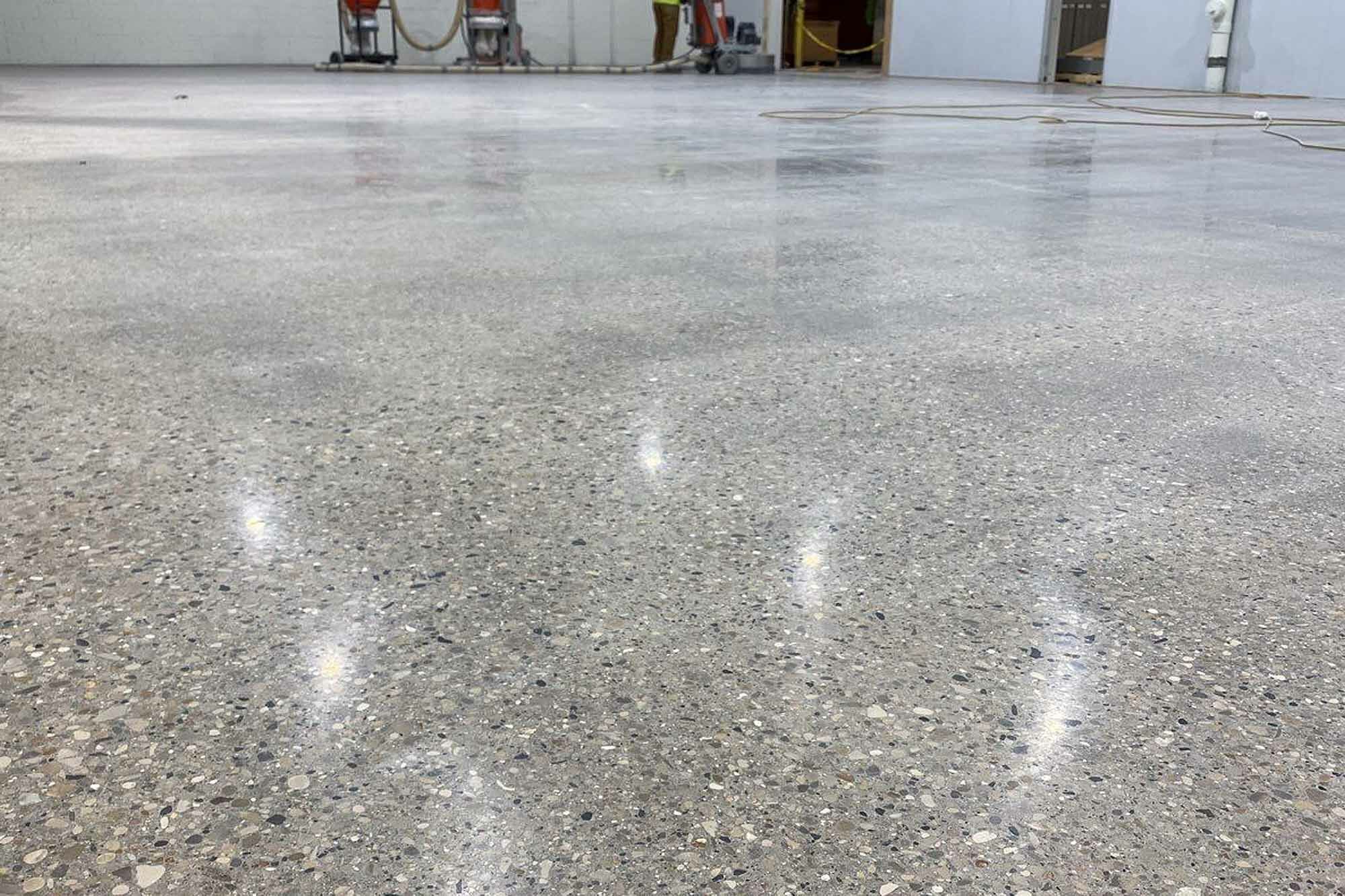Unveiling the Eco-Friendly Advantages of Using Recycled Concrete in Lasting Building Practices
In the realm of sustainable construction practices, the application of recycled concrete stands as a critical yet typically undervalued resource. Past its standard applications, recycled concrete deals a myriad of green benefits that prolong far past the boundaries of typical building and construction products. From lowering environmental impact to enhancing cost-efficiency, the effects of including recycled concrete in sustainable building practices are significant. This flexible material not just addresses pushing ecological worries however also offers a sensible option to the challenges encountered by the building industry at huge.
Ecological Advantages
By integrating recycled concrete into building and construction methods, there is a substantial decrease in the requirement for new raw products, leading to conservation of all-natural resources. In addition, the use of recycled concrete diminishes the amount of waste being sent out to garbage dumps, thus lowering ecological contamination and easing the strain on land fill capacities (Concrete).

Moreover, the manufacturing of standard concrete is a considerable source of carbon emissions because of the energy-intensive process of concrete production. On the other hand, recycled concrete has a reduced carbon impact as it lowers the need for new concrete production. This decrease in carbon discharges adds to mitigating environment modification and supports sustainable building methods. Generally, the environmental advantages of using recycled concrete are considerable and play a vital function in promoting eco-friendly building techniques.
Cost-Efficiency
Achieving cost-efficiency is a vital factor to consider when analyzing the utilization of recycled concrete in building tasks. One of the key advantages of using recycled concrete is its cost-effectiveness compared to standard concrete.
Moreover, making use of recycled concrete can result in cost savings in garbage dump expenses by diverting concrete waste from disposal sites. This not just lowers the ecological influence yet also eliminates the costs associated with waste elimination. The resilience and performance of recycled concrete are similar to traditional concrete, making certain that price savings do not jeopardize the high quality of the building.
Sturdiness and Stamina
Recycled concrete deals similar, if not premium, sturdiness and strength residential or commercial properties to typical concrete - Concrete. Through improvements in processing strategies and high quality control, recycled concrete can fulfill or exceed the efficiency criteria of conventional concrete.

Waste Reduction
When it comes to utilizing recycled concrete, waste reduction is an essential benefit that contributes substantially to environmental conservation. By incorporating recycled concrete into building and construction projects, this waste is repurposed and diverted from land fills, lowering the total ecological effect of building tasks.
Recycled concrete not only helps in reducing the quantity of waste that winds up in garbage dumps yet also saves natural resources by decreasing the need for brand-new aggregate products. This procedure of waste decrease promotes a circular economy within the building and construction market, where products are reused and recycled to develop a much more sustainable sector. In addition, using recycled concrete can result in cost financial savings for construction jobs, as it is usually a lot more inexpensive than sourcing and transporting brand-new materials. Finally, waste reduction via the usage of recycled concrete is a vital element of sustainable building and construction techniques that benefits both the building and the environment sector all at once.
Energy Conservation
When it comes to making use of recycled concrete in construction, substantial power financial savings are achieved contrasted to standard concrete production. The process of generating recycled concrete entails reusing and crushing existing concrete products, which takes in much less power than mining, processing, and transferring raw products for brand-new concrete production.
Conclusion
In final thought, the utilization of recycled concrete in lasting building practices supplies numerous environmental advantages, cost-efficiency, sturdiness, strength, waste decrease, and energy conservation. By integrating recycled he has a good point concrete right into building projects, we can add to a more sustainable and eco friendly future. It is essential for the building and construction sector to prioritize the usage of recycled materials to aid decrease the environmental impact of building and construction activities.
One of the crucial advantages of utilizing recycled concrete is its cost-effectiveness contrasted to standard concrete.In addition, the usage of recycled concrete can lead to financial savings in landfill prices by diverting concrete waste from disposal websites. The resilience and efficiency of recycled concrete are comparable to traditional concrete, making certain that expense financial savings do not compromise the high quality of the building and construction.

Comments on “Concrete Repair Service and Upkeep: Maintain Your Frameworks Solid and Resilient”